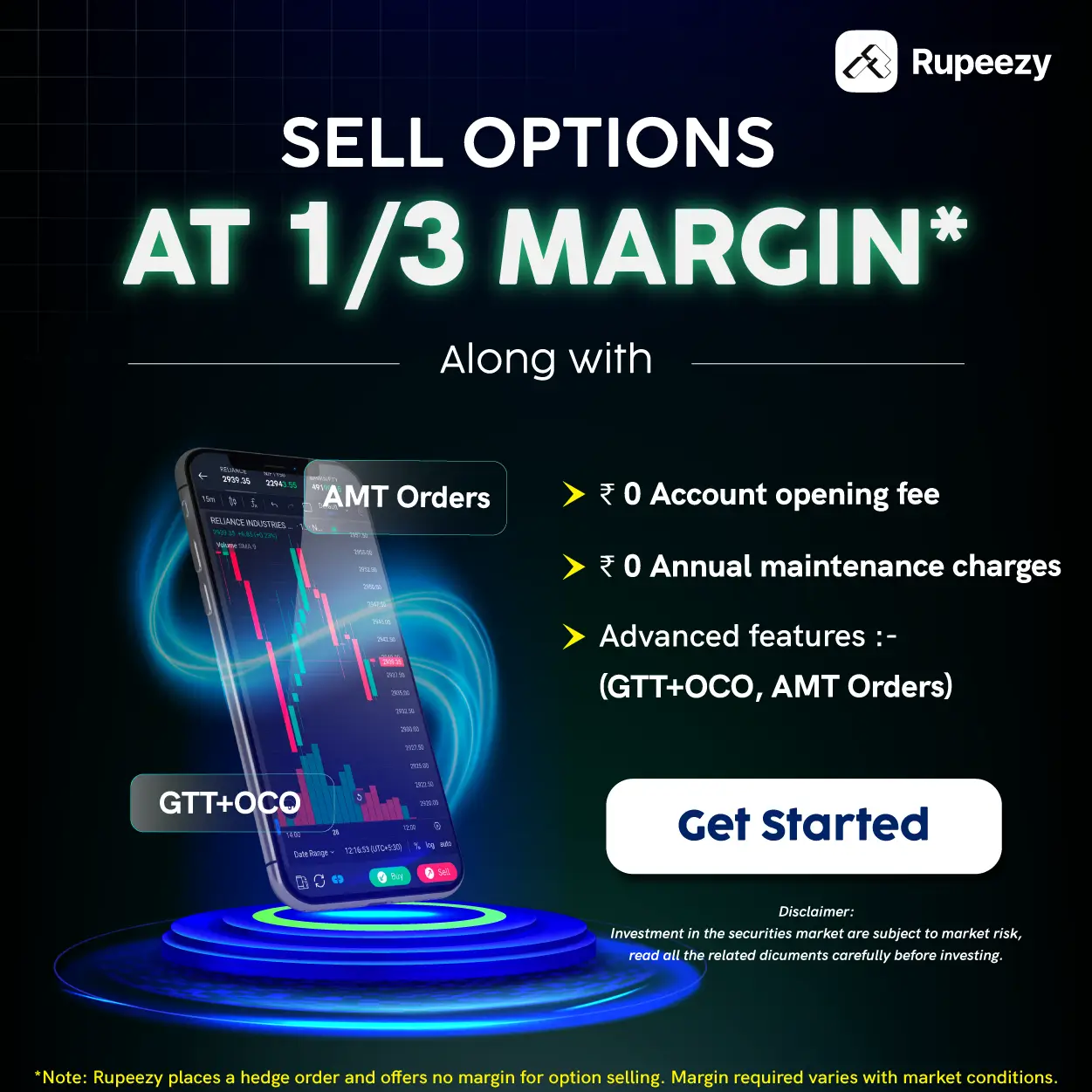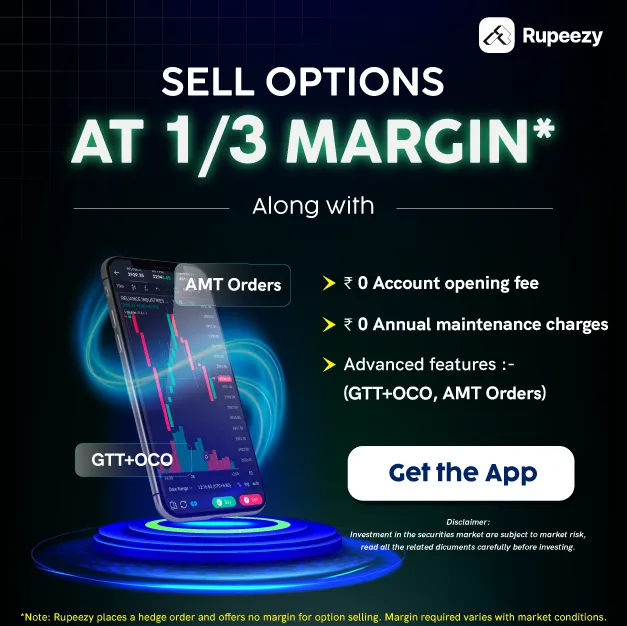Derivatives and Forwards Contract: Its Process and Settlement


00:00 / 00:00
What Is Derivatives?
Derivatives, as the term itself says its been derived from some other thing.
A derivative is an instrument whose value is derived from the value of one or more underlying assets, it can be stocks, commodities, metals, currencies, bonds, stocks indices, etc.
History Of Derivatives In India
The financial derivatives in India has a long history.
We will discuss all about derivatives its type and kind of participants or traders in market who trade in derivative segment.
In India derivatives were introduced in the year 2000.
The National Stock Exchange of India Limited (NSE) started trading in derivatives with the launch of index futures on June 12, 2000.
The Exchange introduced trading in Index Options (based on Nifty 50) on June 4, 2001.
NSE also became the first exchange to launch trading in options on individual securities from July 2, 2001.
Futures on individual securities were introduced on November 9, 2001.

Examples Of Derivatives Instruments
Forwards, Futures, Options and Swap. Swaps are little complicated instruments that are not available for trade in the stock markets.
Participants in a derivatives market can be classified into four sets based on their trading motives :
- Hedgers
- Speculator
- Margin trader
- Arbitrager
We will learn About participants some other time. Let us first try to understand why there is need of such kind of trade in market first of all.
‘Derivatives’ as mentioned earlier derives its value from some other thing, that can be any other thing whether stocks ,commodities, metals, currencies, bonds, stocks indices, etc.
So as we know the price of stock (Infosys,Tcs) may rise or fall ,commodities like gold, silver may fluctuate, currency prices can also increase or decrease.
These changes which happens everyday can help investors or traders to get benefited.
Derivatives are convenient way to speculate future price and garner the profits. Although it can be risky at times if no research been done.
Now we will try to understand one of the most important type of derivative trading i.e forwards.

What is Forwards Contract?
If you want to learn about Futures market, first we need to have basic understanding of what is Forwards market? You can call Forwards market as prequel of futures.
Forwards is the elementary form of derivatives. In forward market buyer and seller enters in to an agreement to exchange the goods for cash.
They decide a specific time and date for this exchange.
The price of goods are fixed by both at beginning of agreement without intervention of any third party or authority.
This kind of trading only happens at OTC(Over the counter trade).
They are not traded on a stock exchange. It means all negotiation between parties happens one on one.
We will try to understand this kind of derivative through an example, however to note, forwards market is not for normal retail traders or investors.
Big Institutions or bank does such trading in market.
The only reason we are trying to understand is to get basic knowledge about futures market which evolved from forwards.
Example of Forward Contract
Let us suppose there are 2 friends Vivek & Rahul.
Vivek who is manufacturer of precious gems and stones agreed to supply 100 pieces of old Burma Ruby stones of equal size and weight.
Whose current market price is Rs. 10,000 per piece to Rahul. Who is a dealer & distributor in market.
They agreed that vivek will give these 100 Ruby stones worth Rs.10,00,000 (lacs) to rahul after 3 months irrespective of what price these stones will be after 3 months.
So on 16th may 2019 agreement is executed.
Hence irrespective of the price of stones 3 months later i.e 16th August 2019, both Vivek and Rahul are obligated to honor the agreement.
An agreement of this sort is called a ‘Forwards Contract’ or a ‘Forwards Agreement’.
Thought Process Behind Derivatives
Let us understand the thought process behind such a risky trade.
What drive them to enter into this agreement. Vivek’s perspective regarding this trade is of bearish nature.
He thinks that price of this precious stone would go down in future and he will benefited.
On the other hand Rahul thought process is of bullish nature. He thinks that price of these stones would go high due to festive season.
He will sell this stone in market at much higher price. Both have there own logic and reason behind this agreement.
However there is another situation when there would be no price change and agreement would nullify any prospects of gains.
In a forwards contract, the party agreeing to buy the asset at some point in the future is called the “Buyer of the Forwards Contract”, in this case it is Rahul.
Vivek believes the price of Stones would go down over the next 3 months. Hence they want to cash in on the high price of Stones which is available in the market today.
In this case Vivek agreeing to sell the asset at some point in the future would be called the “Seller of the Forwards Contract”.

How Does Settlement Happen In Derivatives?
Suppose on 16th August 2019 when this agreement came to expiry the prices of stones were at Rs. 11000 per piece and the total worth of contract became 100×11000= Rs. 11,00000.
Now there are two possibilities than can happen for the process of settlement.
Physical Settlement
Now Vivek Seller of the Forwards Contract need to deliver the 100 pieces to Rahul “Buyer of the Forwards Contract” worth Rs.1100000 lacs.
Rahul can pay the price according to the agreement (Rs.10lacs). This process is called Physical Settlement.
Cash Settlement
Both the party can agree that instead of delivering the product, we can pay the difference in current market price of stones and price on which agreement happened.
So ,they would subtract the total cost at time of entering the trade and upon expiry the current price of those stones. It is About Rs.1 Lac. Know as Cash settlement.
Have You thought after reading this about the different risks involved in this kind of derivative trading. Forwards contracts are over the counter(OTC) Agreement.
Hence there are no liquidity. We hypothetically assumed 2 friends going in trade. While practically it is not a convenient way of trade.
First of all you need to find the other party either by going to any investment bank & than they will find some one with the contrary view.
Conclusion
As a matter of fact other than Liquidity, counter party risk or default risk can occur. Any one from both party can become defaulter if the deal does not go his way.
As no primary authority or governing rule setup.
Lastly suppose any one of them feels after 1 month that they want to cancel the agreement, it cannot happen this is known as Rigidity of the transitional structure.
Hence Forwards has been replaced to Futures Contract with time. It also gives better operational background.
Moreover Futures are traded in stock market which is very liquid.
Check our other blogs and get glimpse of stock market basics. If you have any question feel free to ask in comment section.
The content on this blog is for educational purposes only and should not be considered investment advice. While we strive for accuracy, some information may contain errors or delays in updates.
Mentions of stocks or investment products are solely for informational purposes and do not constitute recommendations. Investors should conduct their own research before making any decisions.
Investing in financial markets are subject to market risks, and past performance does not guarantee future results. It is advisable to consult a qualified financial professional, review official documents, and verify information independently before making investment decisions.

All Category









